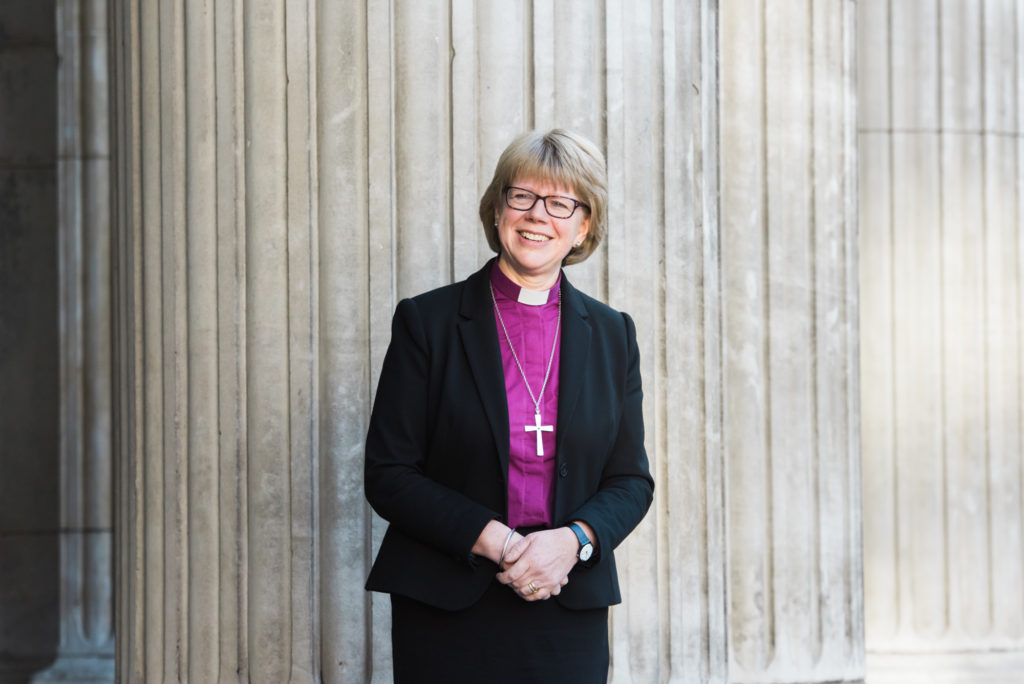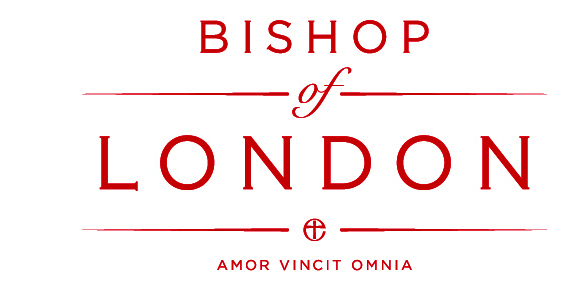
Faith and Mental Health: A Christian Response
Earlier this month it was reported that a job centre form had told claimants not to mention medical conditions like depression and ME, causing outcry from disability groups. The document said that jobseekers should avoid using terms that “sound worse than they are,” such as “chronic” and “degenerating.” The advice also included an urge to, “avoid terms such as depression, ME or low back pain, and use more general terms instead.” It suggested a term like “low mood” would be preferable to “depression.”
The reality is that mental health can affect anyone, regardless of colour or creed. In the UK, one in four of us will experience a mental health problem in any given year. Not a single one of them should have to fear being treated differently because of a mental health problem.
The Time to Change Campaign states that an overwhelming majority of people with mental health problems report being misunderstood by family members, shunned and ignored by friends, work colleagues and health professionals, and called names and much worse by neighbours.
Alastair Campbell has spoken eloquently of the fear he felt when telling loved ones about his mental illness. “The truth is I’m afraid because of the stigma, because of the taboo, because of the discrimination that does sometimes exist, it could be worse for some people.”
Stigma and discrimination prevent people from seeking help: this can delay treatment and impair recovery. It isolates people, excluding them from day-to-day activities and making it hard to build new relationships or sustain current ones. It can stop people getting or keeping jobs.
Experiencing a mental health problem is hard enough, without having to deal with the shame and isolation that often comes with it. The Most Rev Justin Welby, the Archbishop of Canterbury has encouraged people struggling with their mental health to not be ashamed and to get help, just as he has had to do.
In a video posted on Twitter last Thursday for World Mental Health Day, he said he realised last year that he was depressed. He encouraged people who feel like they’re “walking in darkness” to not walk alone. “We need people to know that their friends will go on loving them, that’s it’s not a disgrace to suffer from mental ill health.”
A mixed group of clergy, health professionals, politicians and representatives of charities attended a conference at Lambeth Palace on the 18th October 2019 to consider just this. We discussed the significance of mental health and spirituality, committing to breaking down the stigma and silos in which we work.
I spoke on a panel at the Conference alongside Dr Jacqui Dyer OBE, the Mental Health Equalities Champion for England, and was pleased to hear Jacqui speak of the work being done across churches, together with statutory agencies, to do this.
I was struck by the power of speaking about mental wellbeing, health and illness. We need to find a language to explore our mental wellbeing in the same way we would our physical wellbeing. Not just to reduce stigma, not just to increase our understanding of mental health but to understand the full nature of what it is to be human.
So, let’s talk about faith and mental health.
+Sarah Londin
The Rt Revd and Rt Hon Dame Sarah Mullally DBE
